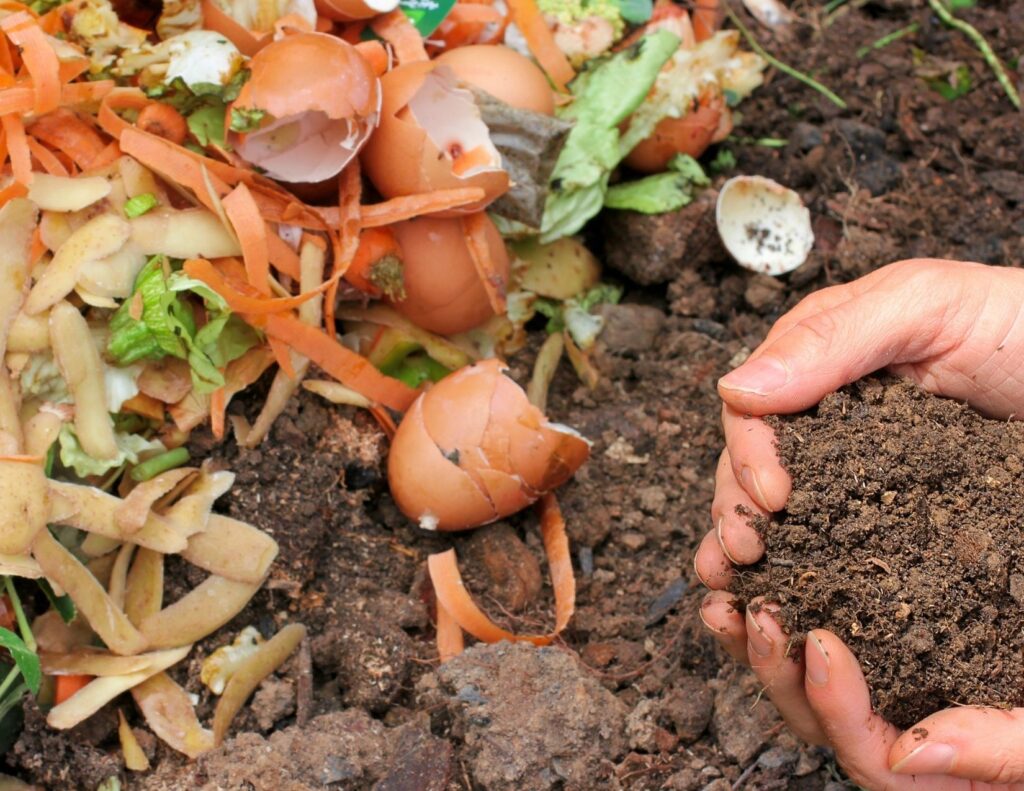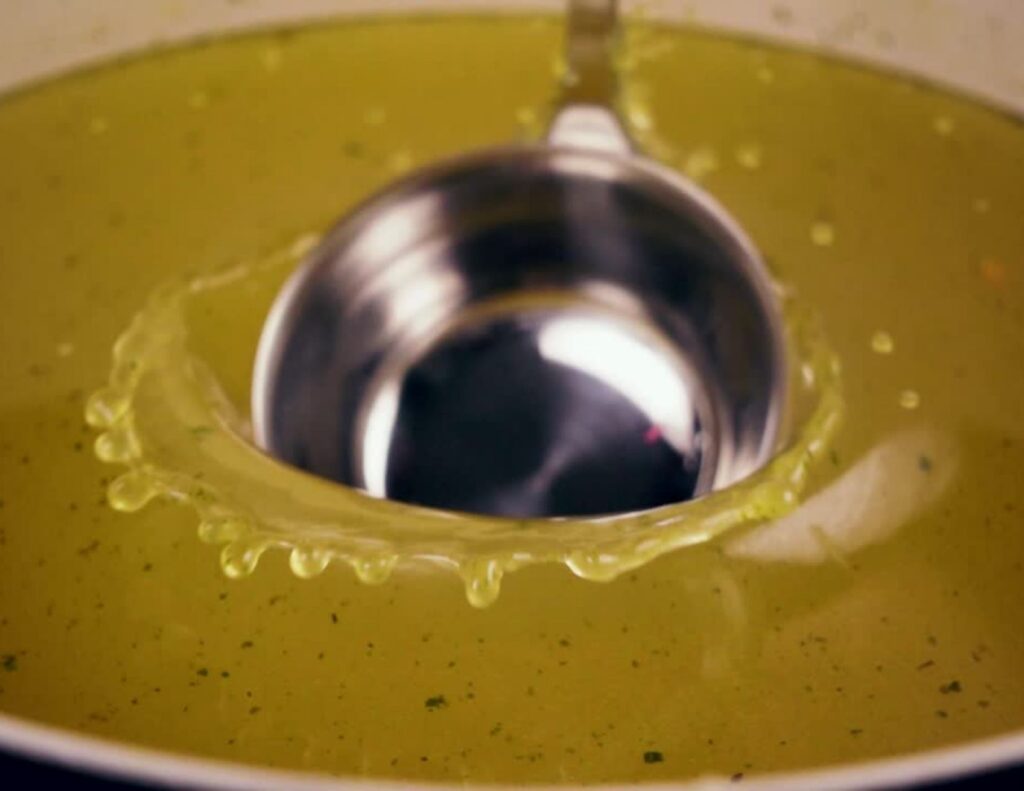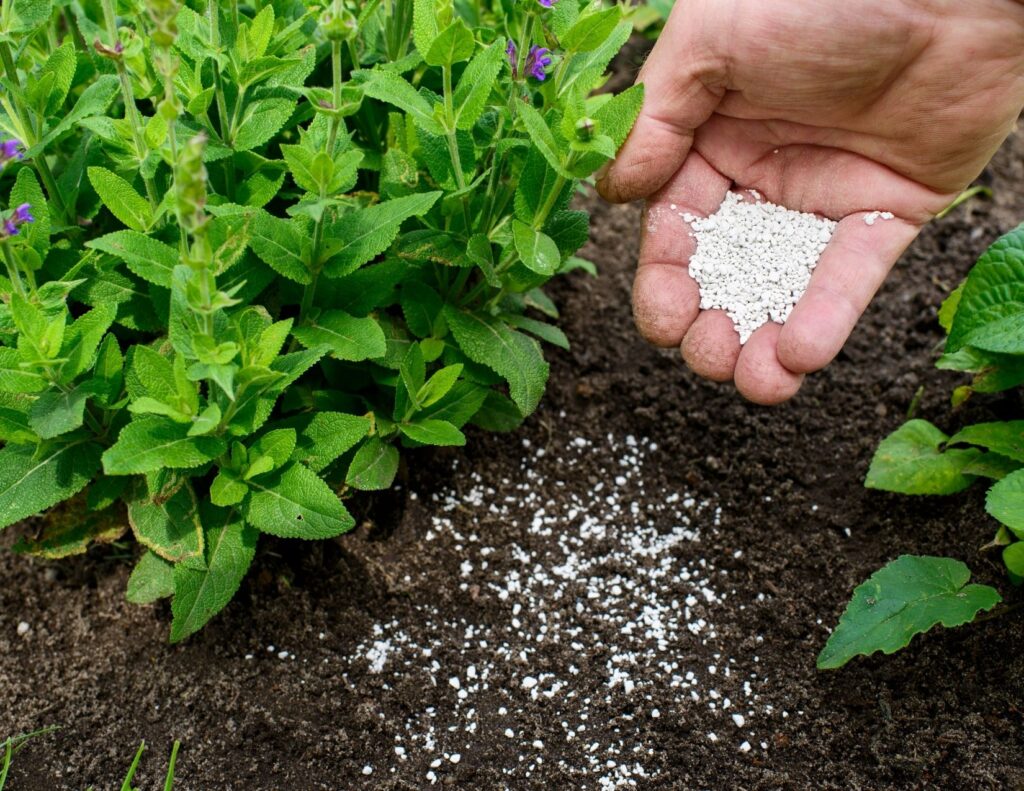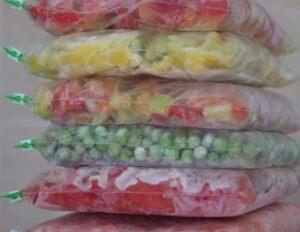Are you looking for a way to bring your family together? Hoping to find a hobby that can be shared by both the little ones and adults? Volunteering as a family may be just the thing you need. You may know the “feel-good” emotions that come with helping others, but there are even more unexpected ways volunteering will positively affect the whole family:
- You’ll feel like you have more time
People often feel they are too busy to volunteer. Yet, the Harvard Business Review found that giving your time to community causes actually makes you feel like you have more of it. Volunteering makes us feel capable and efficient, inspiring us to make the most of each day.
- Volunteering has a life-long effect on kids and teenagers
Volunteering during adolescence has been linked to some major positive effects such as improved grades, reduced drug usage, and increased self-esteem. These effects aren’t just short-term but have been proved to affect a teen’s well-being in the years to come.
- You can live longer if you volunteer regularly
For adults, volunteering can provide significant physical health benefits. Washington University found that for adults 55 and older who volunteered had better stamina, memory, and maintained overall health longer than others their age. Volunteers are also more likely to look after their own health and are more focused on adding physical activity into their lives.
- More time spent with family
Families who volunteer together have the unique experience of working toward a shared goal. You may even learn that your child has a talent or interest you didn’t know about before. Everyone brings something unique to the table and can connect with each other and the community in a new way. And, there are tasks for every age and ability so all your children, whether eight or 18, can feel proud of their work.
- You’ll be happier
The University of Texas found in a 2003 study that becoming involved in helping your community lowers rates of depression and anxiety. By volunteering, the entire family can benefit from bettering their mental wellness and alleviating stress.



